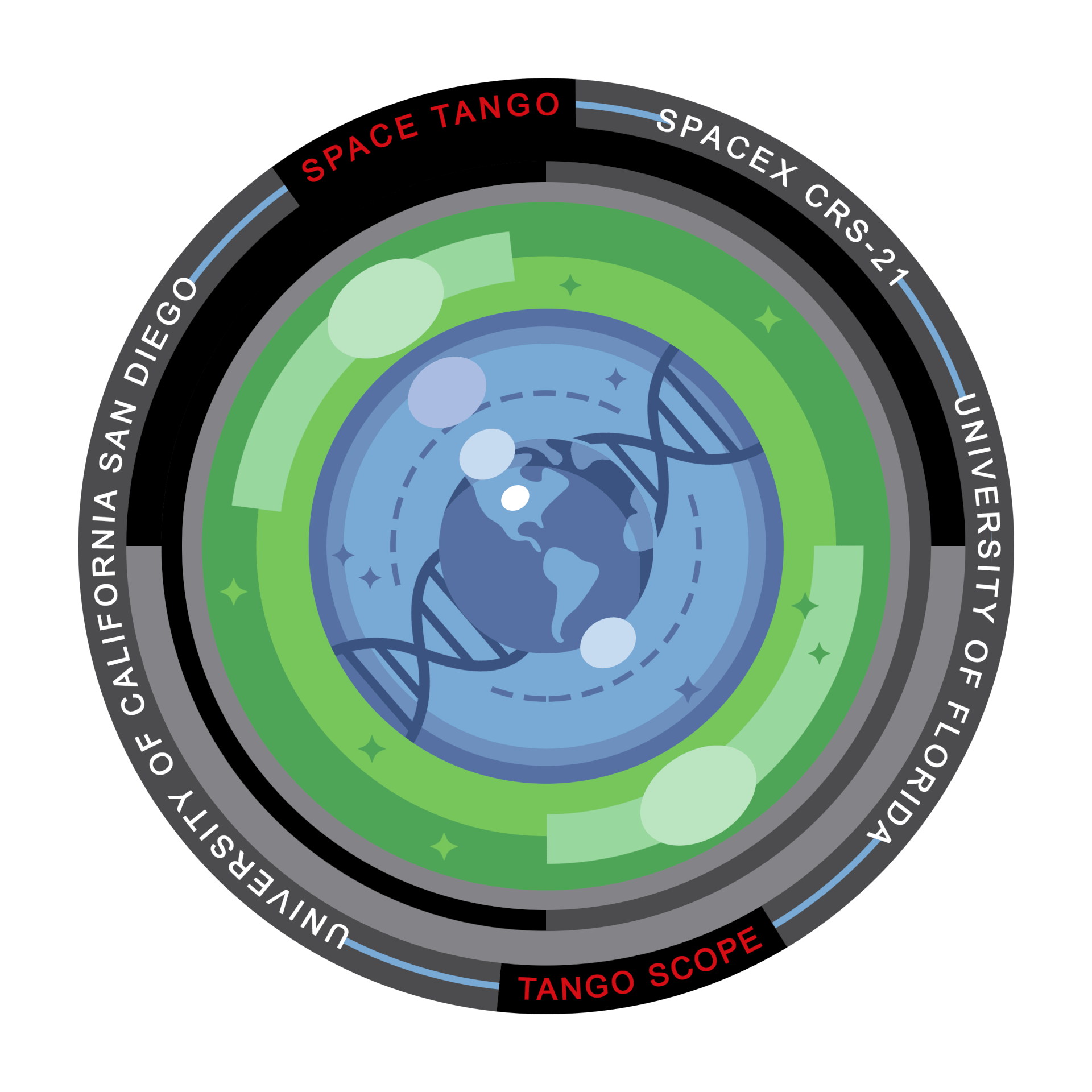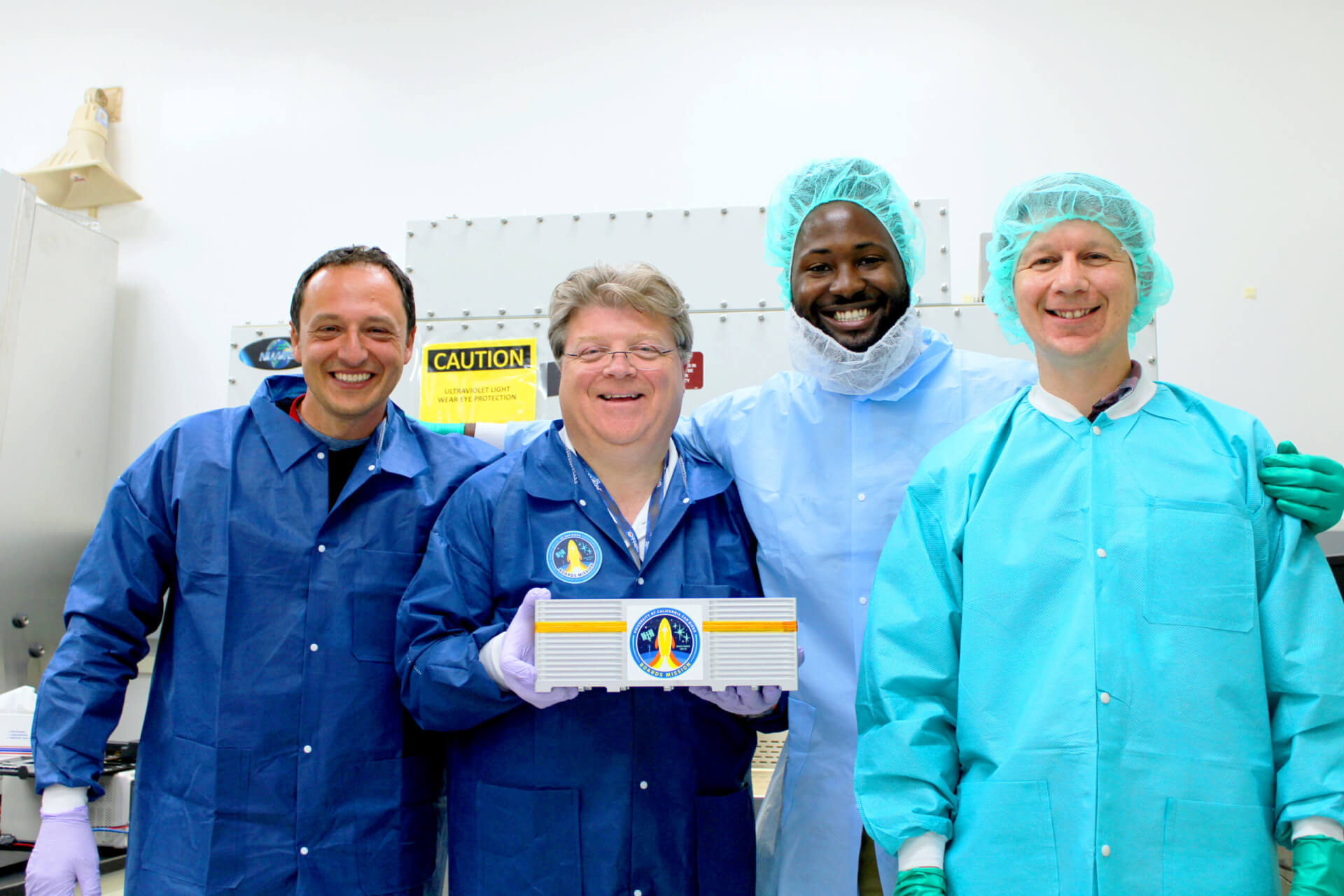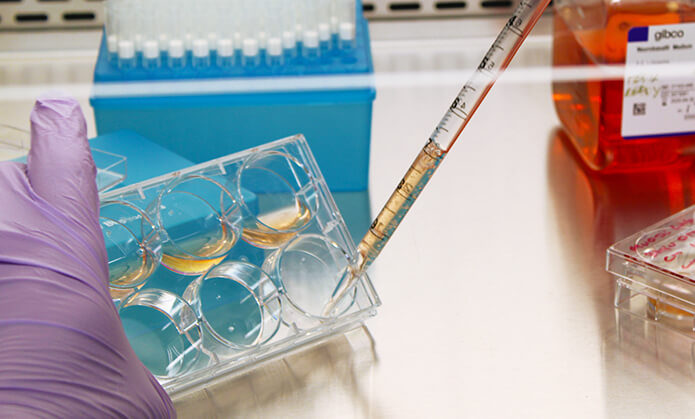
We use cookies to ensure that we give you the best experience on our website. If you continue to use this site we will assume that you are happy with it.
Ok ✕

University of California San Diego (UCSD) | Principal Investigators: Alysson Muotri, M.D., Erik Viirre, MD, Ph.D.
Drs. Alysson Muotri and Erik Viirre will study human brain organoids in space where the physical force of gravity is not present, allowing for a more detailed study of the survival, health, and genetics not possible on earth. Organoids are small, three-dimensional stem cell-derived living masses of cells. Scientists use human organoids to model a specific organ’s biological functions as its cells interact with their environment and mature. For example, brain organoids are used for a variety of studies including understanding the effects of disease, aging, and drug interactions in the brain.
This investigation will demonstrate a novel organoid growth and maintenance CubeLab™ technology system developed by Space Tango. The CubeLab™ includes subsystems that are needed for an organoid’s survival such as automated media exchange to feed the cells, an agitation system to promote growth, and a three-axis microscope for on-demand imaging. The demonstration of this advanced technology seeks to provide a microgravity platform for future organoid investigations.
In addition, understanding how the brain responds and adapts to the stresses of space including the absence of gravity is essential for any crewed space mission. This is fundamental to protecting human health for space exploration as it paves the way for future research on how the brain responds to spaceflight.
This investigation is also known as BOARDS2 – Brain Organoids Advanced Research and Development in Space – and is the second flight in a series of investigations for UCSD.


University of Florida, AdventHealth Research Institute | Principal Investigator: Siobhan Malany, Ph.D.
Dr. Siobhan Malany will study the function of human muscle cells and how they adapt in microgravity using a tissue chip model. Tissue chips are small devices that contain human cells in a three-dimensional matrix designed to model both the structure and function of human tissue and organs. Space Tango designed its CubeLab™ system with novel technology to host 16 tissue chips with human muscle cells that will experience an electrical pulse to mimic muscle contractions or movement. The “Human Muscle-on-Chip” CubeLab™ also includes an automated fluid delivery system to keep the muscle cells alive and a three-axis microscope for on-demand imaging.
Age-related muscle loss, a condition referred to as sarcopenia, is a significant concern to human health on Earth. This condition can reduce one’s ability to perform physical activities such as walking and running. While sarcopenia is present with increased prevalence among the aging population, it remains poorly understood. In addition, muscle loss is a common side effect astronauts experience while living in space as a result of the reduced or absent force of gravity on their bodies. The Human Muscle-on-Chip investigation has the potential to improve our understanding of sarcopenia and identify therapeutics that may reduce the effects of muscle loss for humans on Earth and in Space.
The research is funded by the National Institute of Health National Center for Advancing Translational Sciences (NIH/NCATS) as is a part of their Tissue Chips in Space program. It is the first flight in a series of investigations for Dr. Siobhan Malany and the University of Florida.